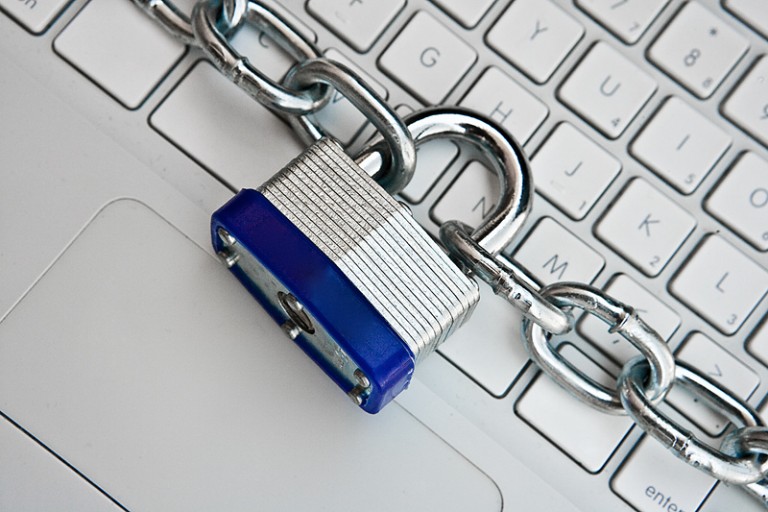Identity theft has been a consistent nefarious presence in many of the communities that comprise the 106th Precinct. In detailing growing grand larceny numbers—and the ID pilfering schemes that drive them—at myriad civic meetings over the last 10 months, Deputy Inspector Jeff Schiff, the south Queens precinct’s commanding officer, also implored residents to learn how to protect their identities, so as not to end up a statistic
And this week, state Sen. Joe Addabbo, Jr. (D-Howard Beach) outlined steps his constituents can follow to ensure their personal information stays personal.
“It seems like every week we hear about another major data breach that affects millions of people and puts their identity at serious risk of being stolen,” said Addabbo, noting that October is National Cyber Security Awareness Month. “If someone gets a hold of personal information such as a social security number, it opens you up to the possibility of having bank accounts, credit cards and so many other things compromised. Unfortunately, it is all too easy for people to become victims of identity theft, but it is also easy to protect yourself from that. All it takes is knowing how.”
Use strong passwords made up of letters, numbers and special symbols such as “!” or “@.” The more unusual a password is, the harder it is for an outside source to guess it. Many websites also require passwords to be case sensitive, meaning a single capital letter can determine whether an account can be accessed. It is also recommended that passwords be changed periodically to protect against any growing threats.
Do your research before entering any personal information into a website or mobile application. Knowing what you can and can’t trust is a key part of protecting yourself against having any data stolen. When downloading applications to devices such as cell phones or tablets, read the terms and conditions to learn what personal information can be accessed through the app, and would therefore be vulnerable to theft if the program is hacked.
Trust your instincts when it comes to opening unfamiliar links or programs. If it looks suspicious, it probably is. Opening a link or program with a virus attached can give a cyber attacker access to your device, and subsequently all of your personal data.
Invest in good security software to protect your computer from any outside threats. While it can be very easy for a cyber attacker to hack into a computer, it is just as easy to install a high-quality security program that can prevent any outside access to your device. Many good programs are available at a low cost or for free.
Lock your personal devices such as cell phones, tablets and laptops and never leave them unattended. Using a strong password or a fingerprint as a pass code can prevent unauthorized access to a device.
For more information, visit staysafeonline.org.

